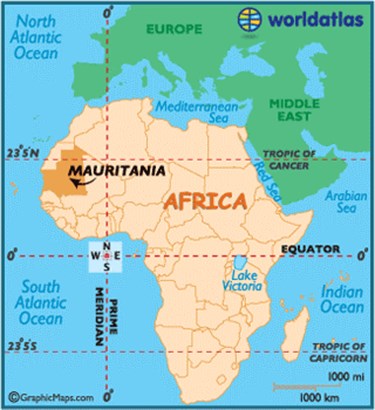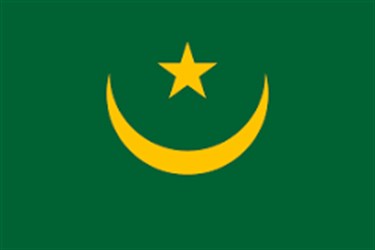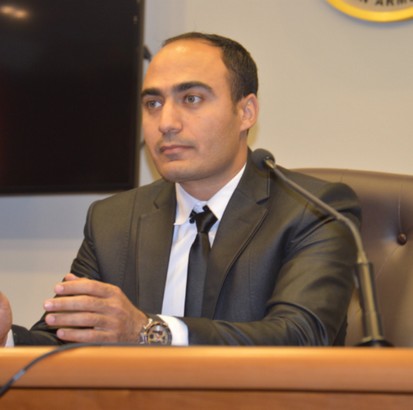Translation and Localization for Africa: Mauritania
Mauritania is located in the Maghreb region of Africa, it has borders with the Atlantic Ocean to the west, Morocco and the remnants of Western Sahara in the north, Algeria in the northeast, Mali in the east and southeast, and Senegal in the southwest.
In this blog, I will cover some brief facts about Mauritania for anyone traveling or doing business there.

Mauritanian Demographics
- Mauritania is officially called the Islamic Republic of Mauritania.
- Nouakchott is the capital and largest city in Mauritania.
- The current population is just over four million.
- The official religion is Islam.
- The median age is 19.3 years old.
Mauritanian Languages
- Modern Standard Arabic is the official language
- Hassaniyya is the local and spoken form of Arabic used by the majority of the Mauritanian people.
- French is widely spoken among the media.
- Pulaar, Soninke, Wolof, Serer are also spoken.
Mauritanian Culture
- Food in Mauritania is a very important part of social functions. People eat in groups, sharing a large bowl of calabash, using their right hand.
- Eating with your left hand is forbidden. Also its not acceptable to eat in the presence of one’s in-laws.
- Mauritanian brides wear black gowns on their wedding day.
- Slaughtering an animal is customary for many different occasions, such as name-giving, initiation, marriage and funeral ceremonies.

Mauritanian Consumers
- The currency is the MRO (Mauritanian Ouguiya). One USD is approximately 355.535 MRO.
- The GDP value of Mauritania represents 0.01 percent of the world economy.
- Internet penetration is only 19%.
- Mobile-cellular network coverage extends mainly to urban areas.
- WooCommerce is the top ecommerce platform in Mauritania.
Mauritania’s Future
- Mauritania is an agricultural country. It has significant iron ore deposits, which are the backbone of the export economy.
- Main exports are iron ore, fish and gold.
- Main trade partners are China, France, Japan, Spain and the United Arab Emirates.
- Mauritania is facing multiple development challenges, such as the efficient use of revenue derived from natural resources, diversification, competitiveness and poor governance.
- The extractive industries are creating very few jobs. The agriculture and fisheries sectors employ most of the labor force, but productivity levels are low.
Summary
Mauritania is a challenging country, with specific culture and traditions. Sharia is the main law there, so laws and regulations are similar with most of the Islamic countries. Modern Standard Arabic is official language, so Arabic speakers will be very comfortable doing business with and in Mauritania, as they will not have any language barrier. Certainly, visiting Mauritania is a very different and unique experience.
